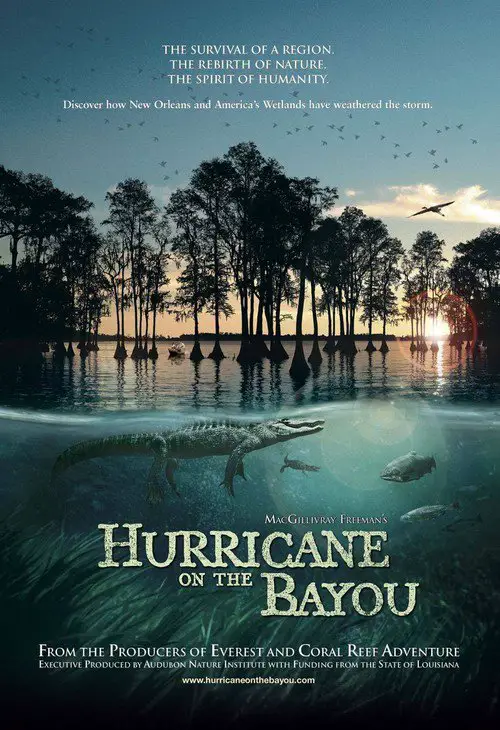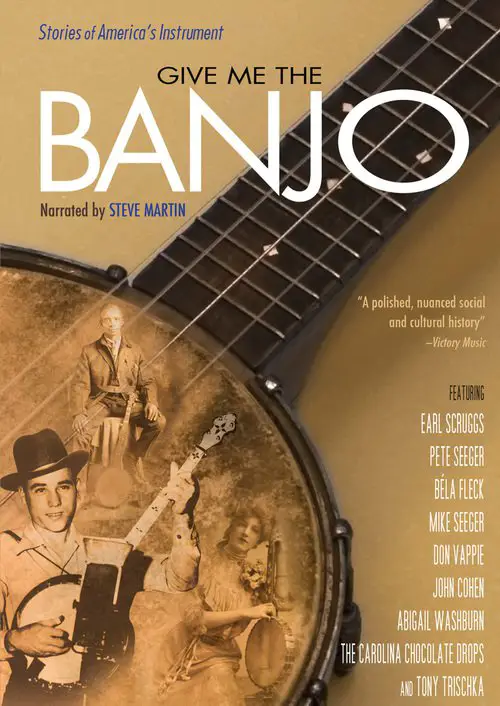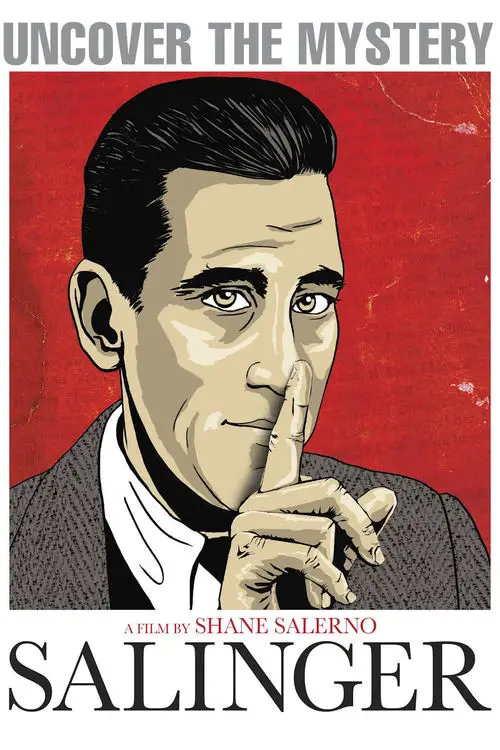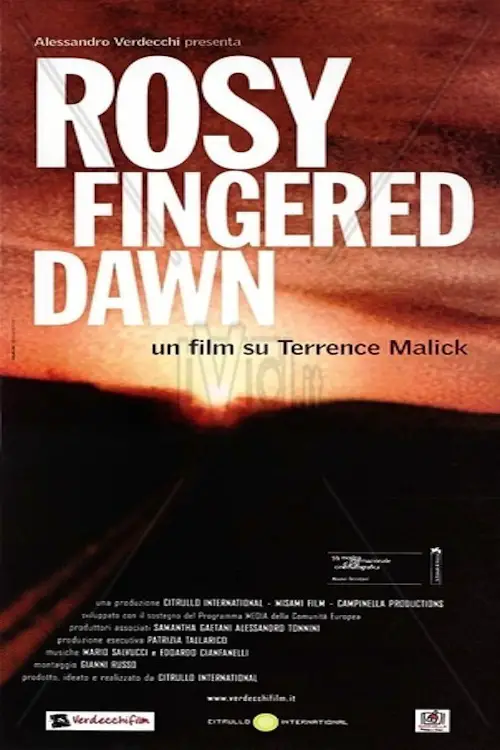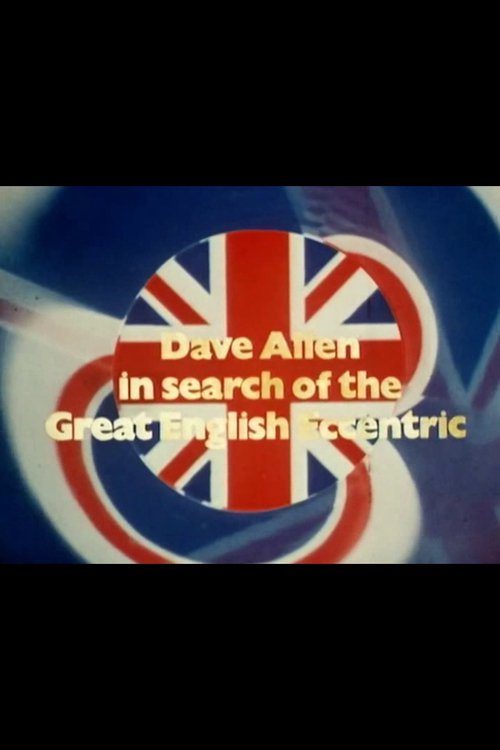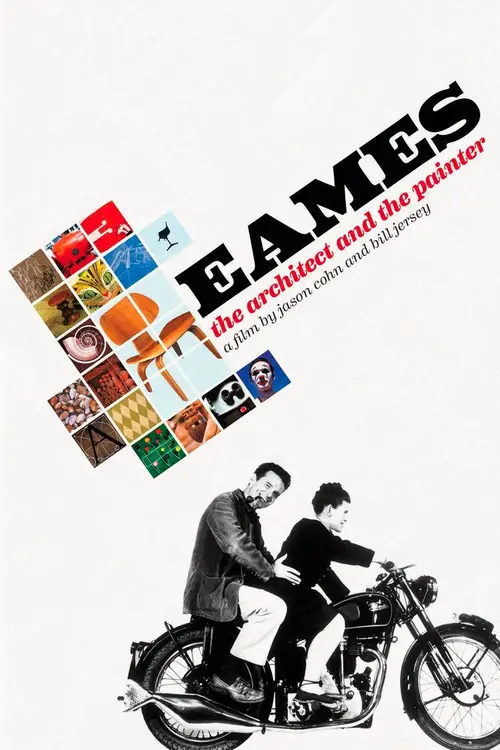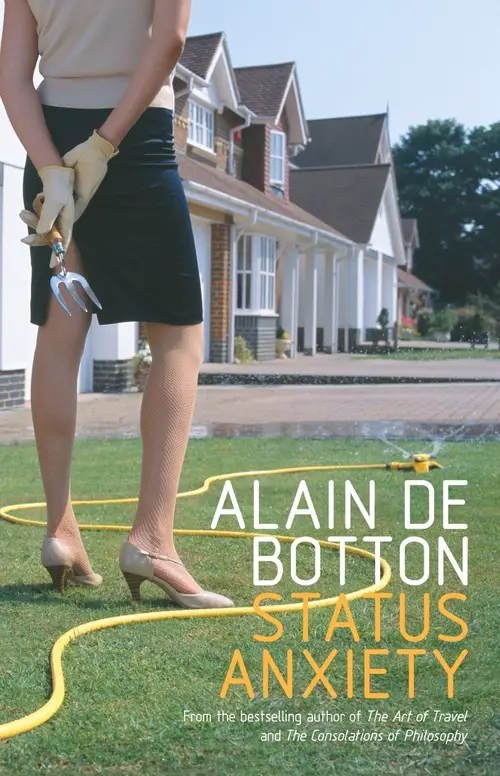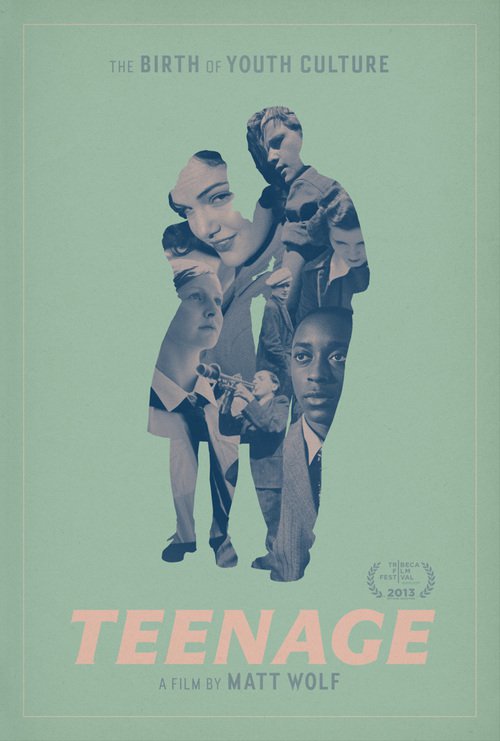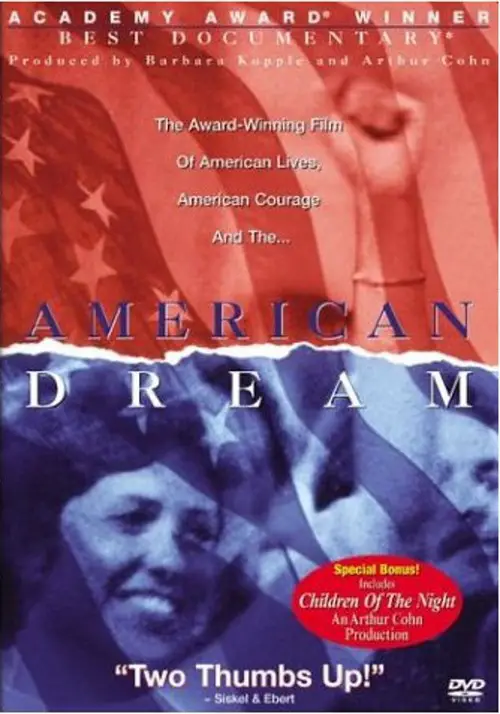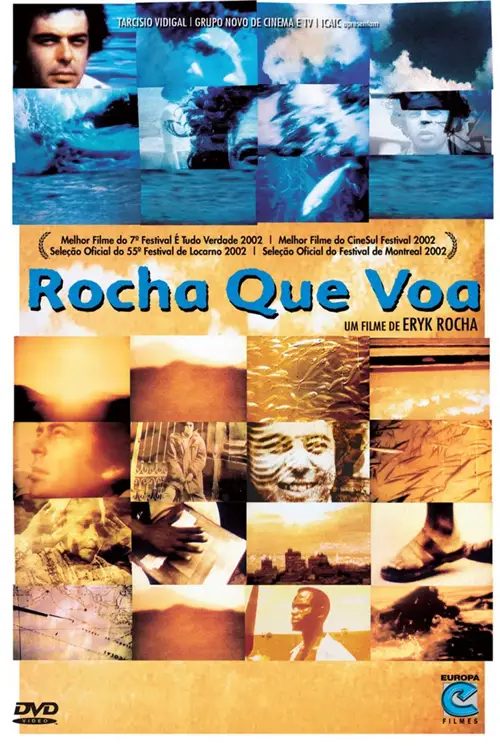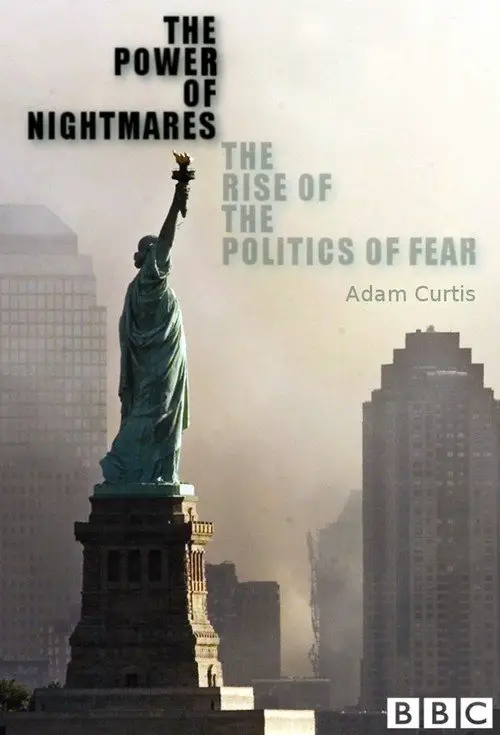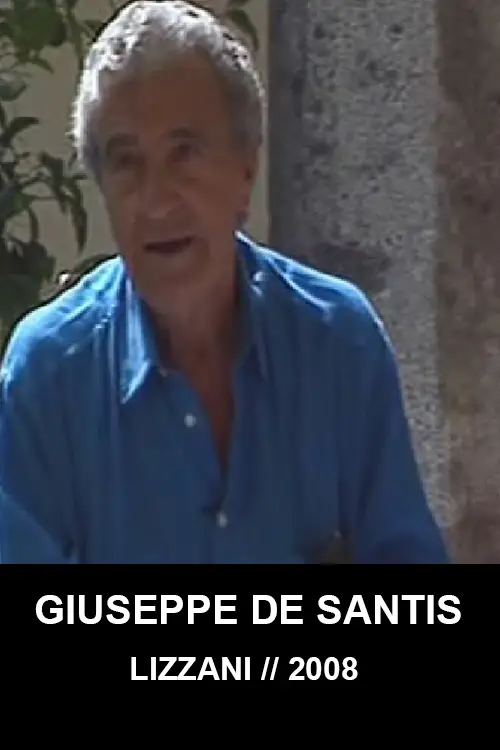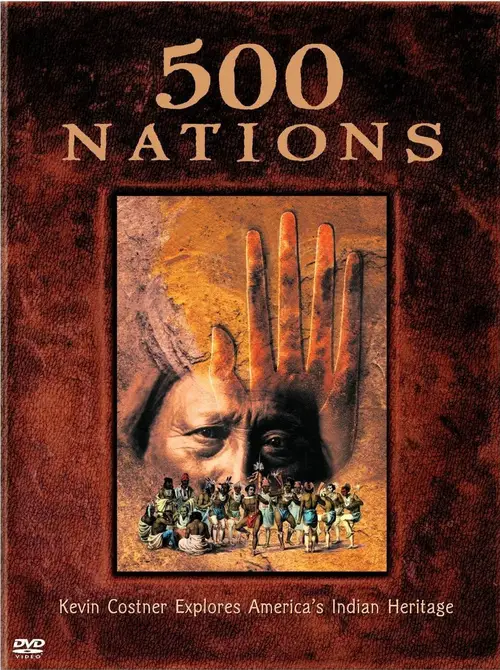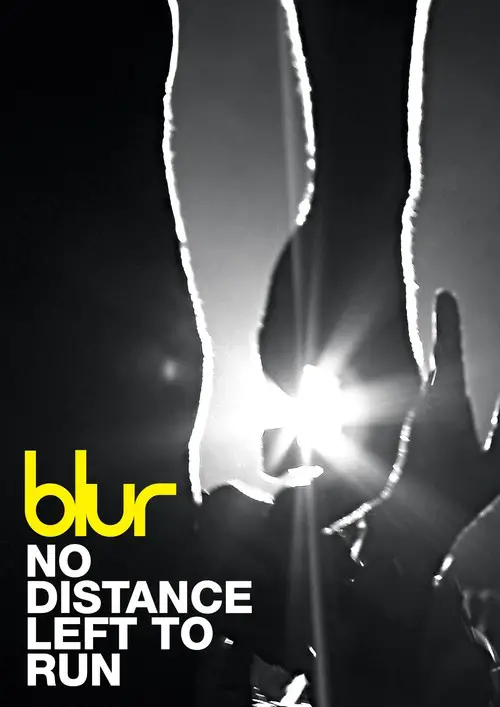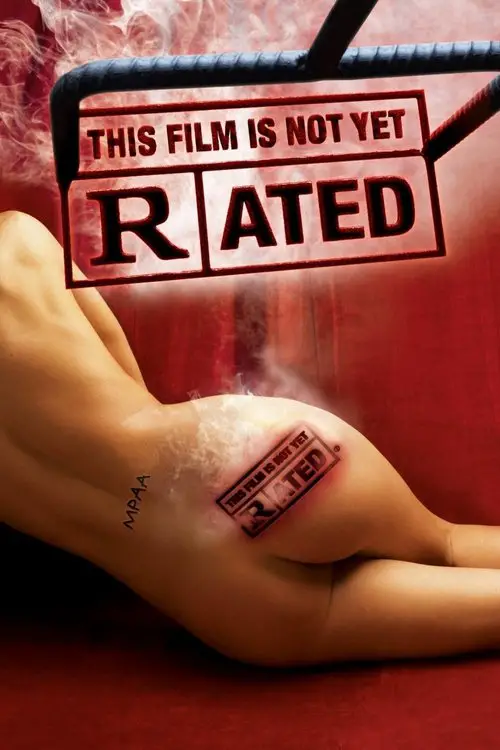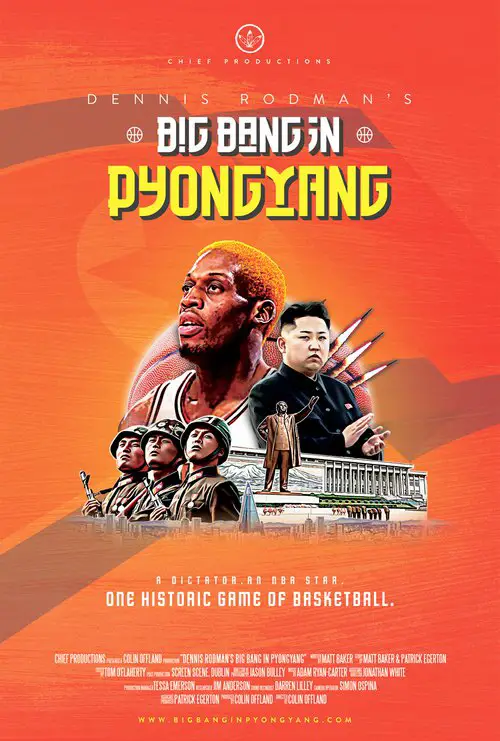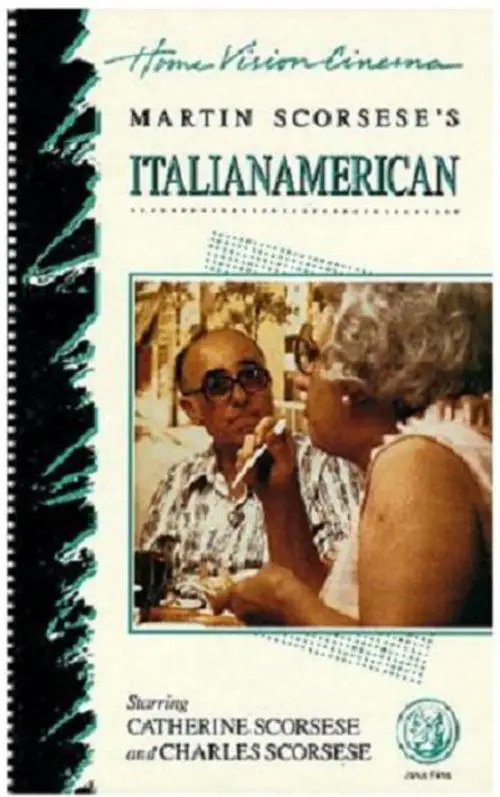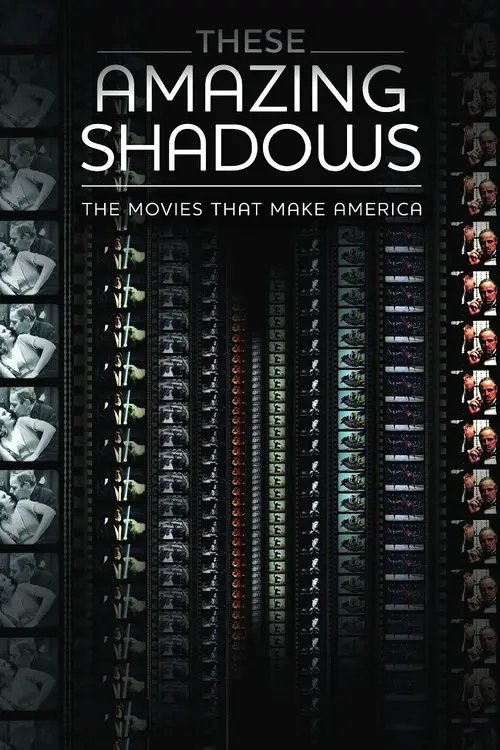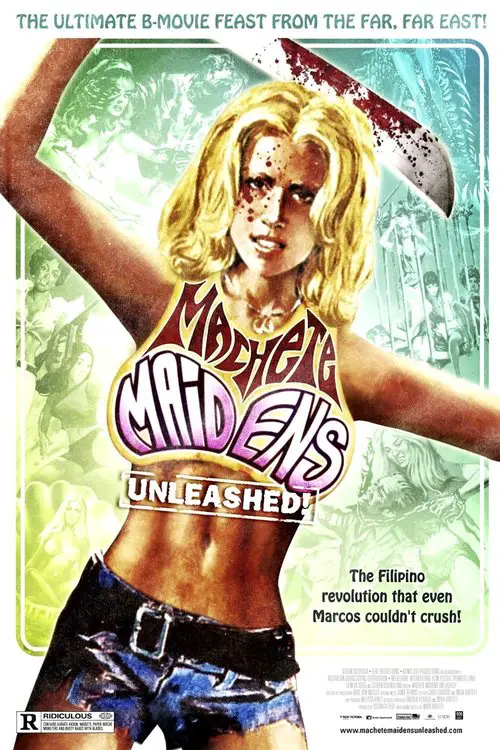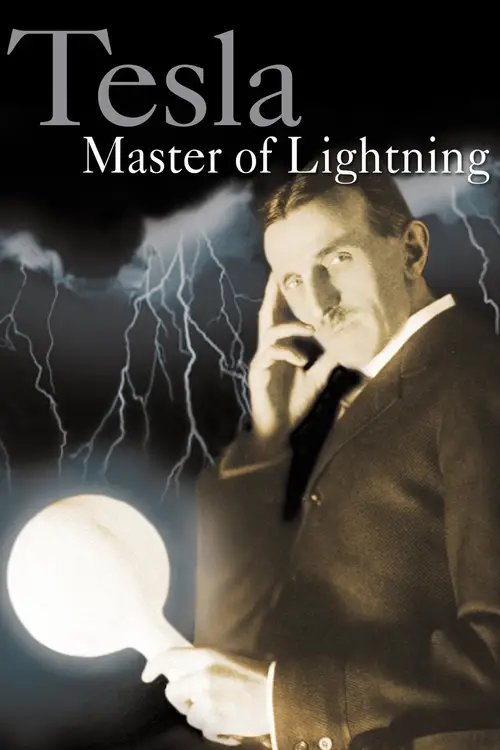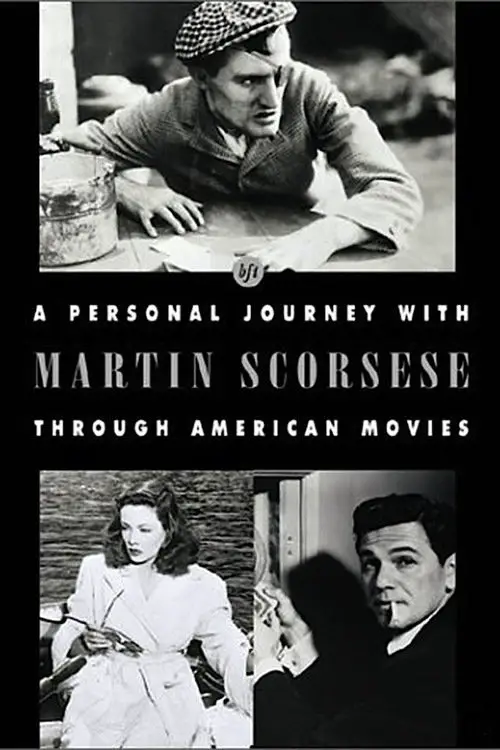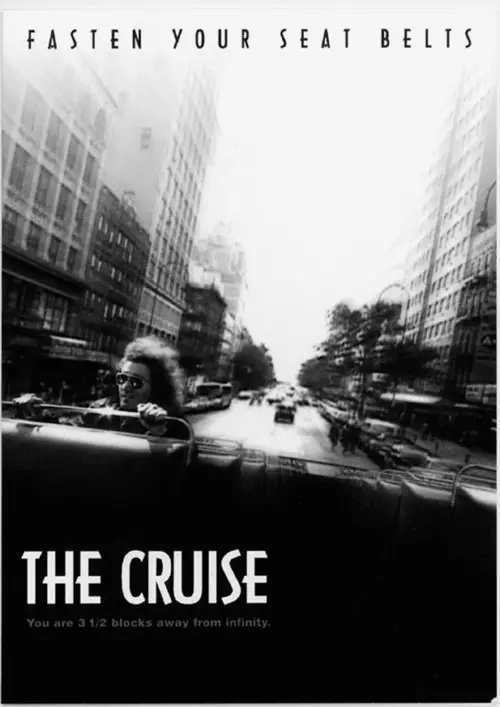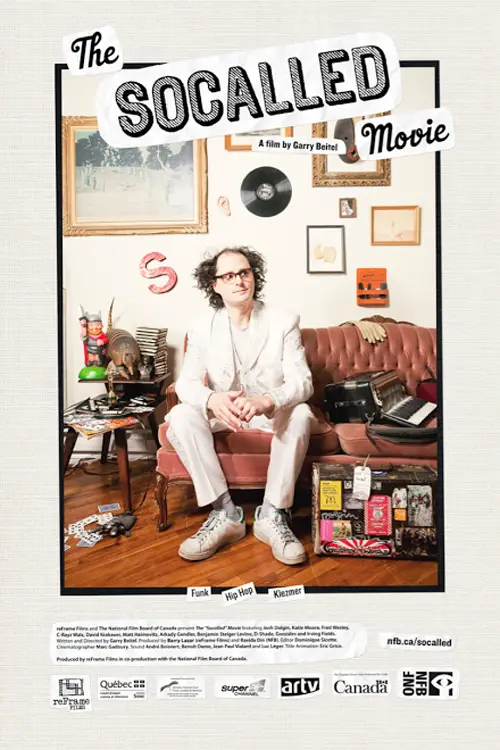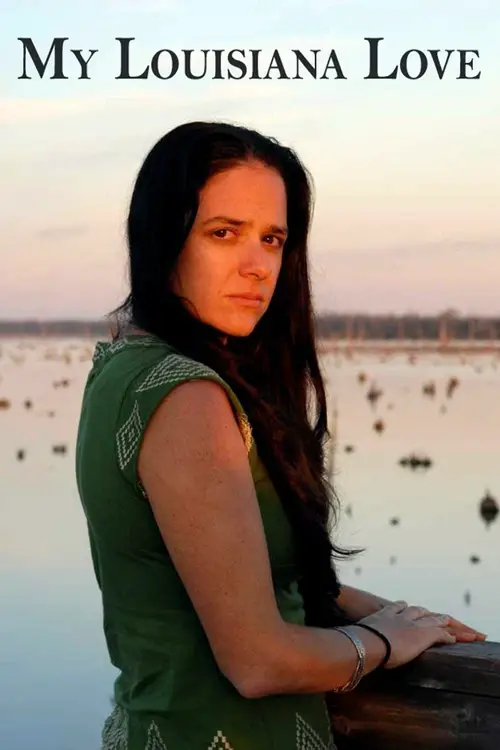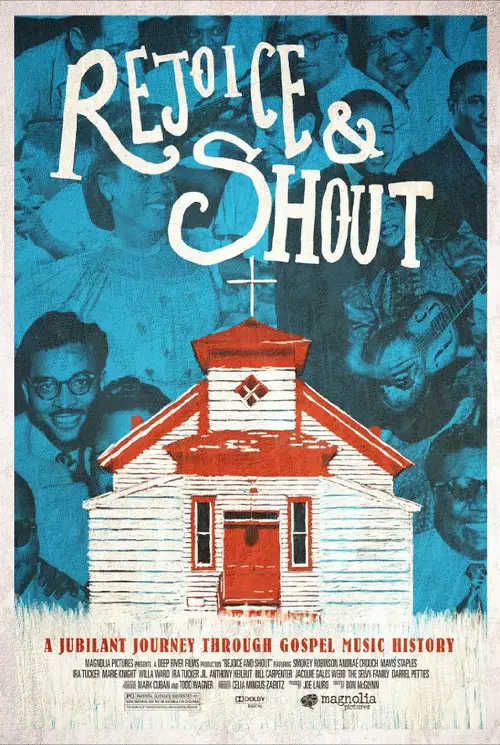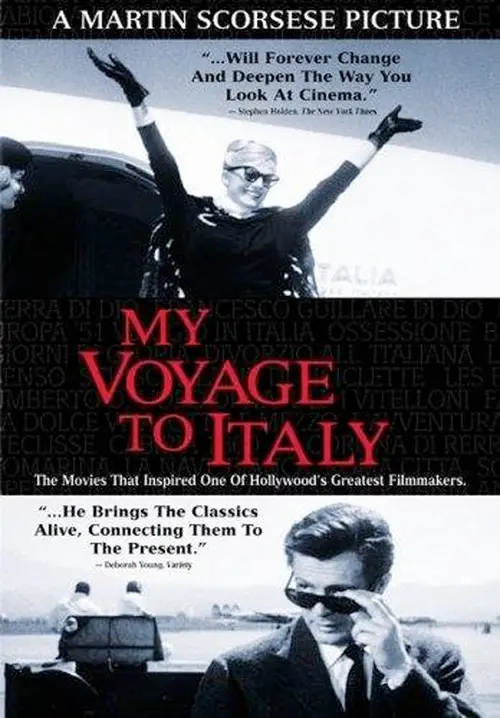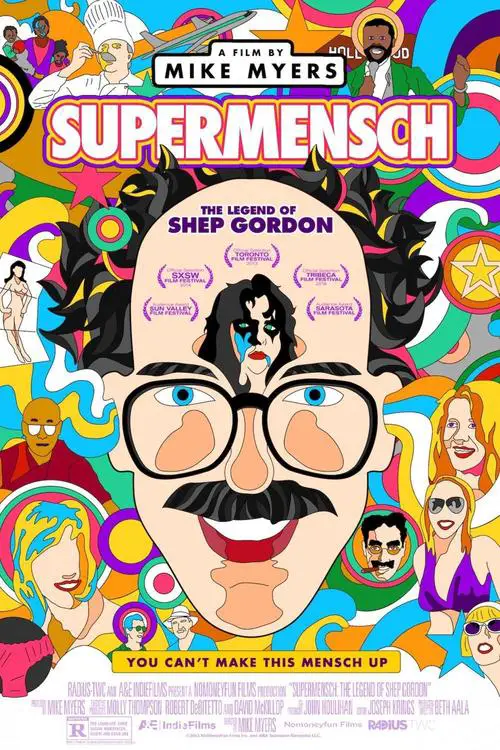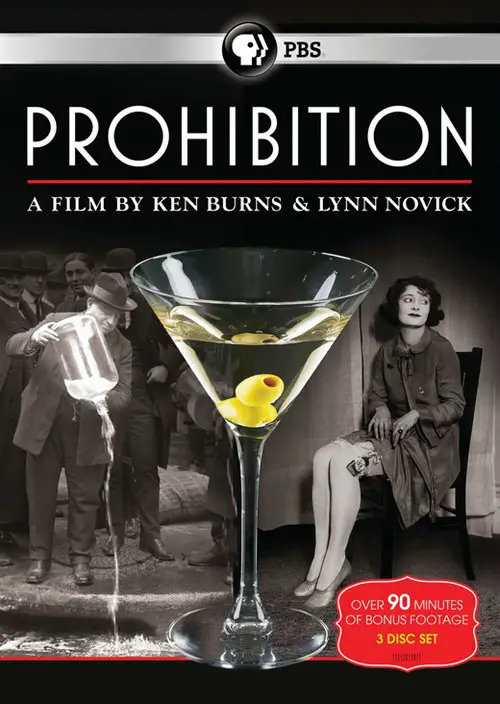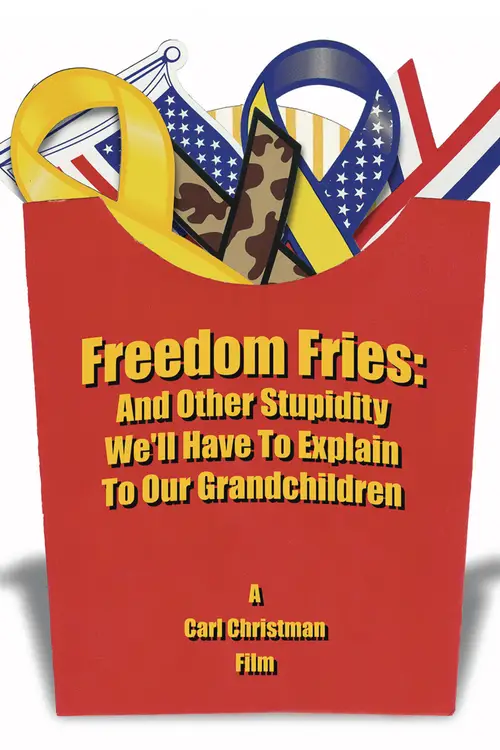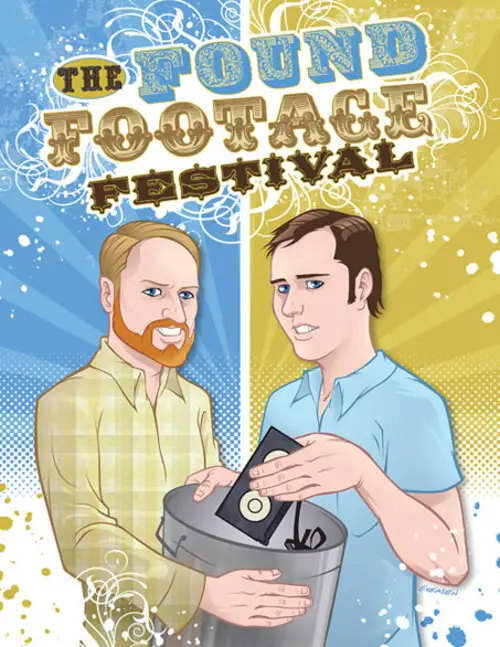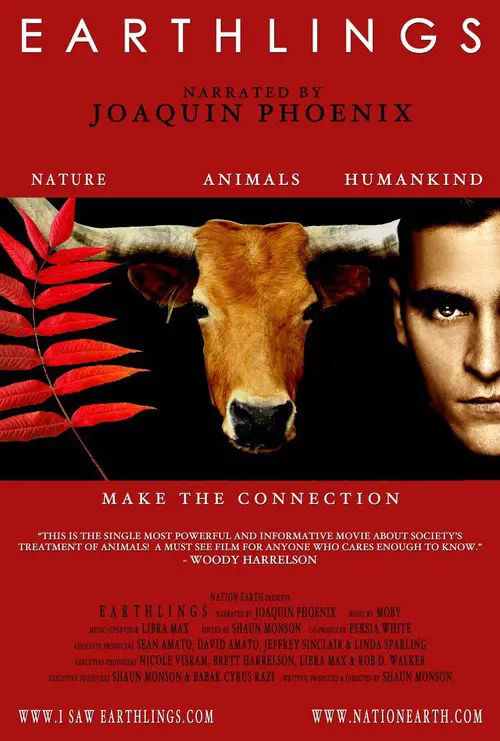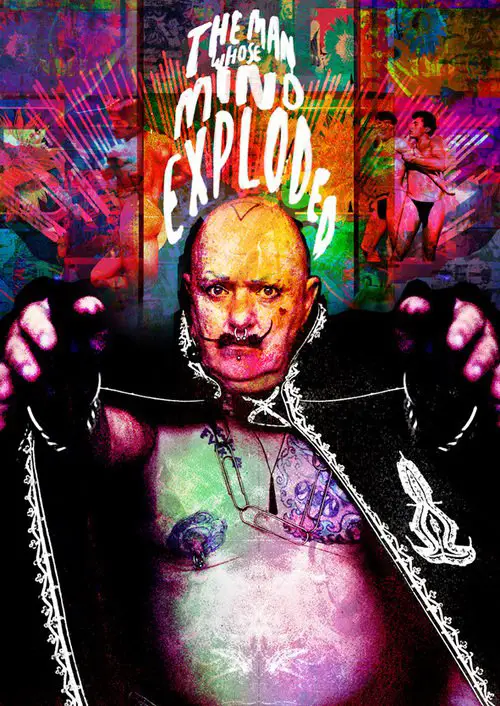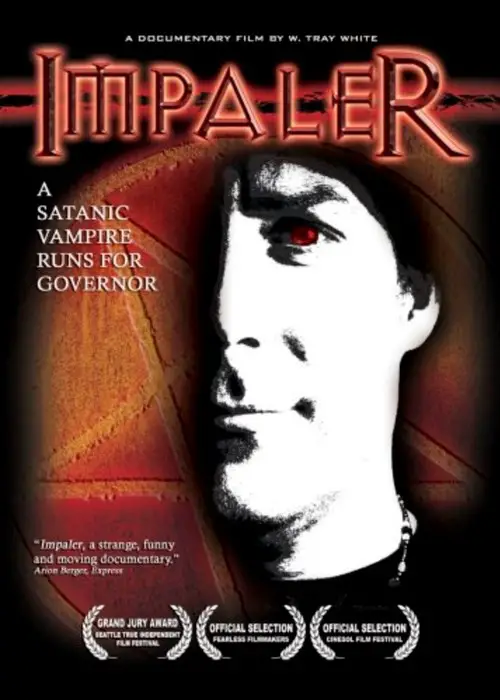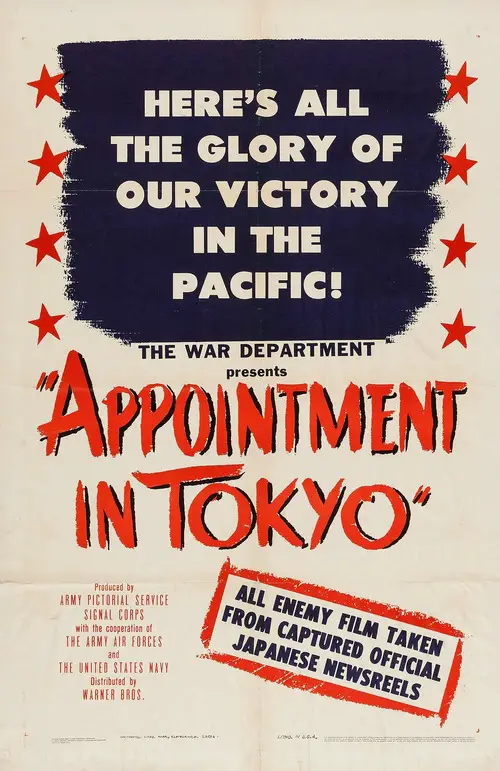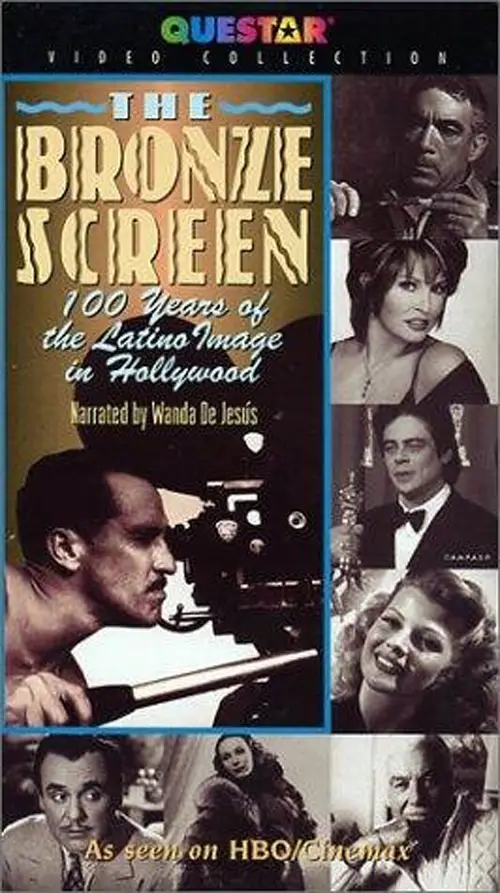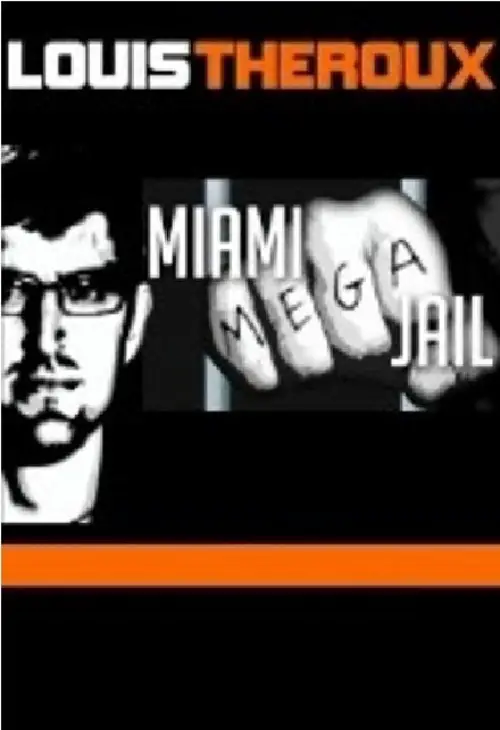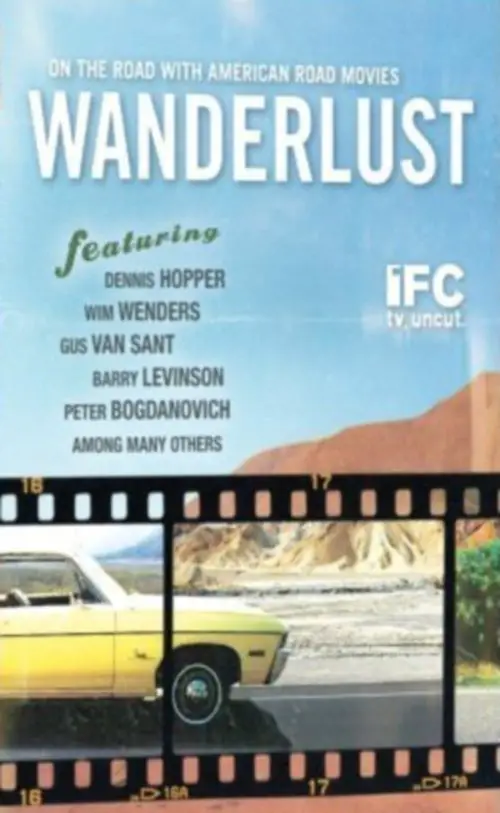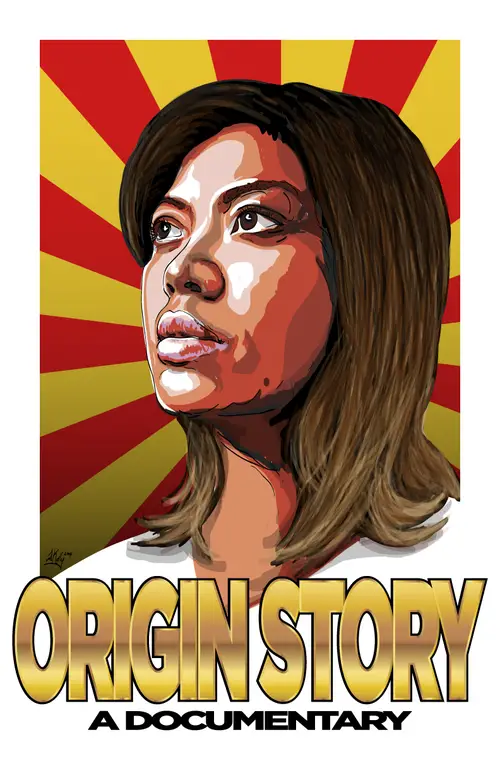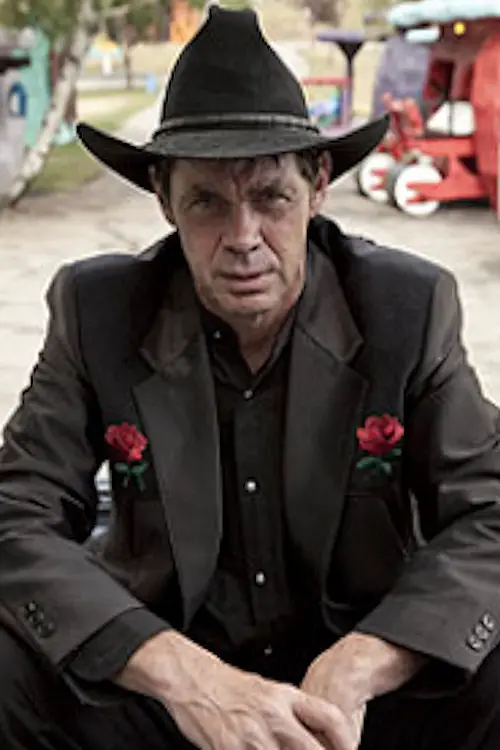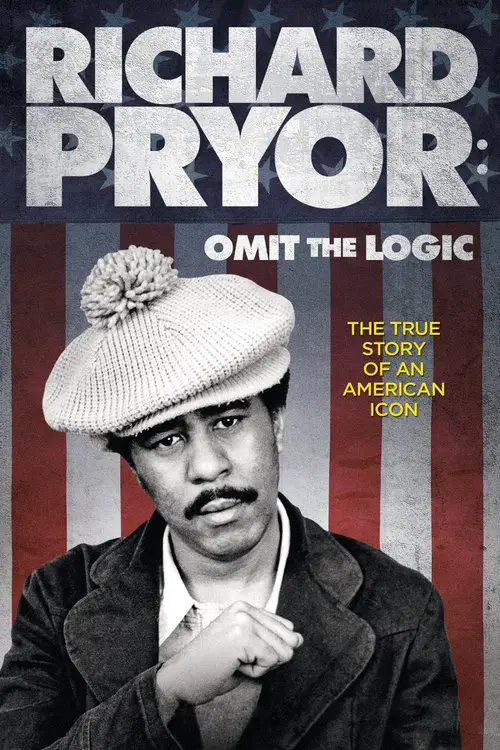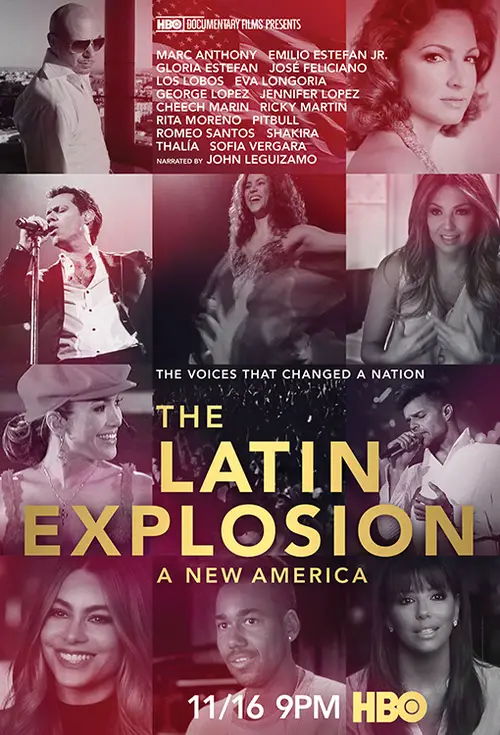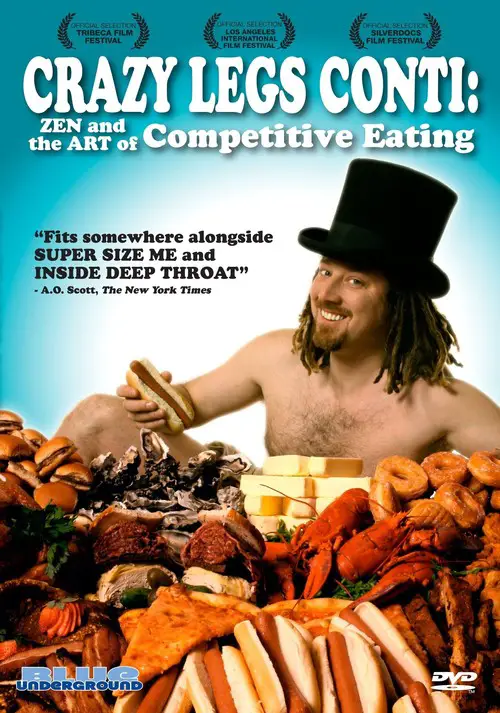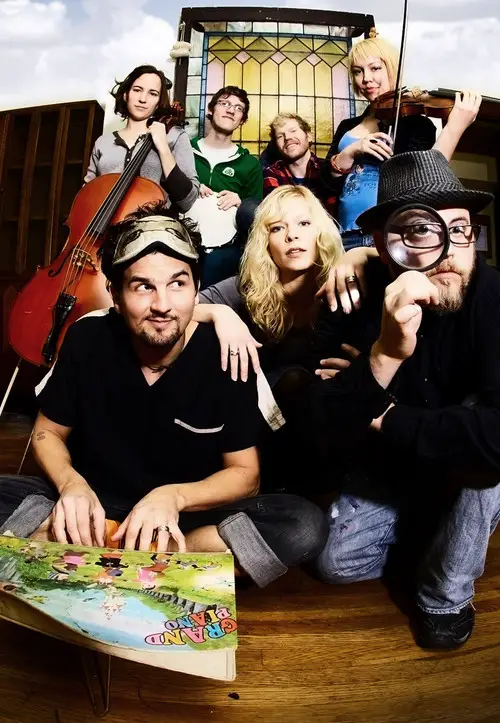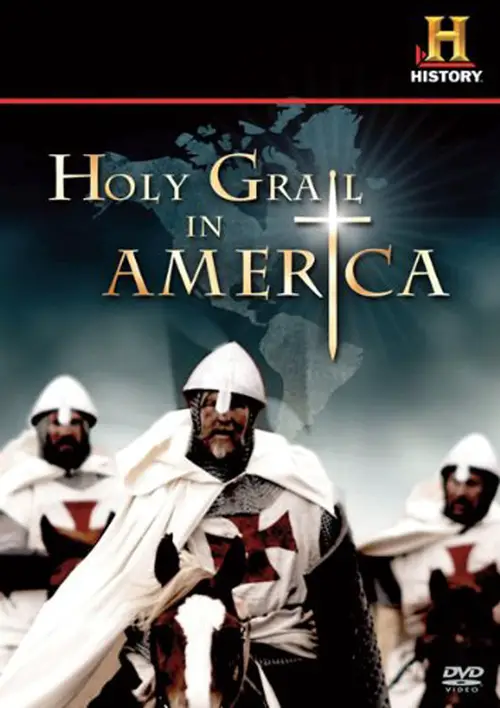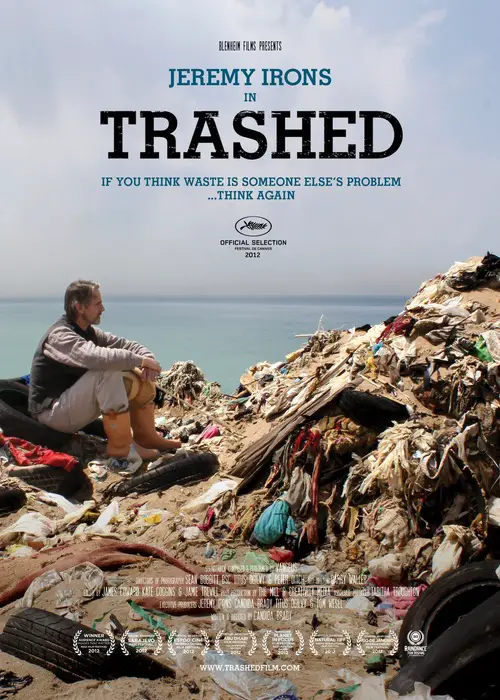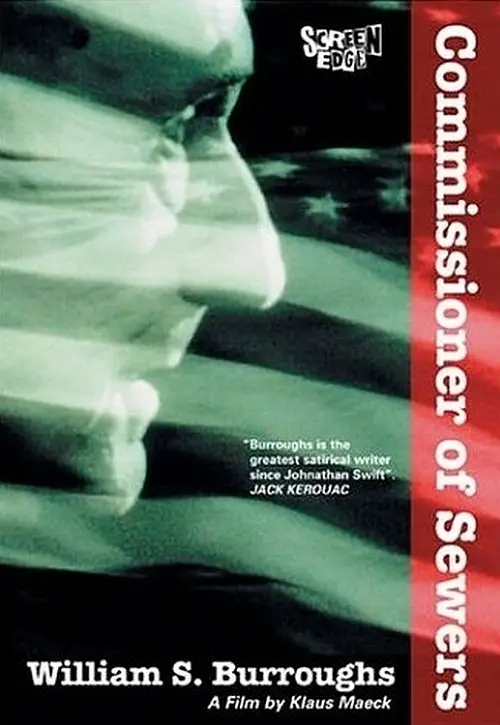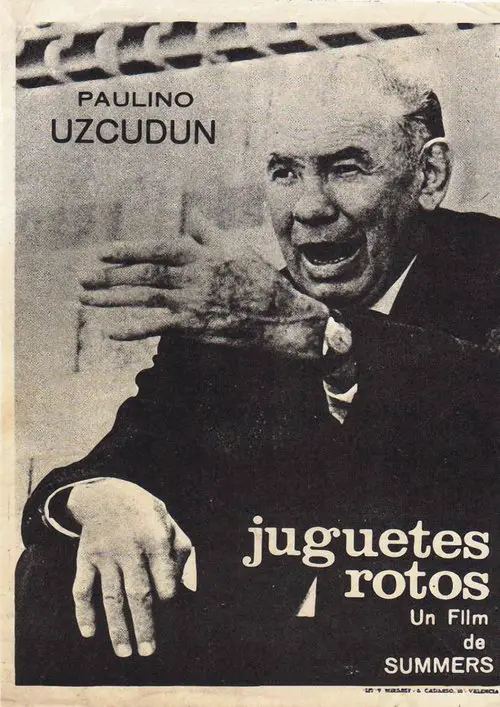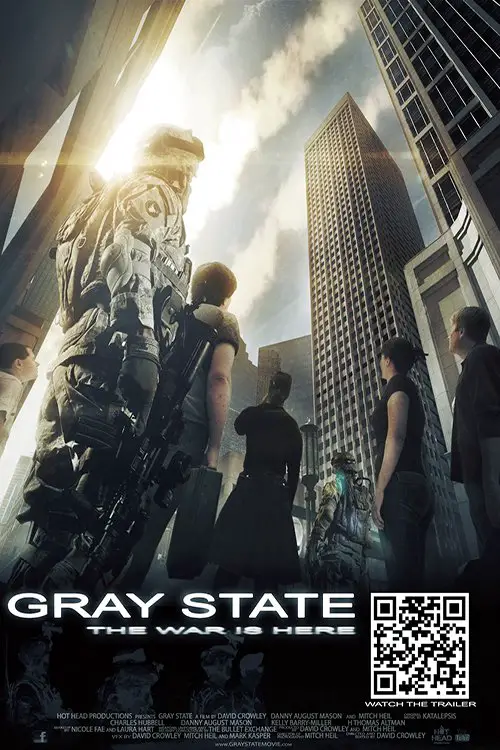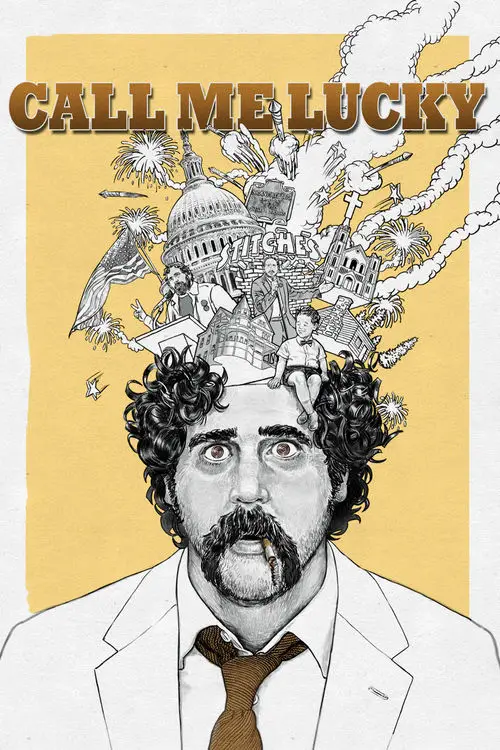The Main Stream (2002)
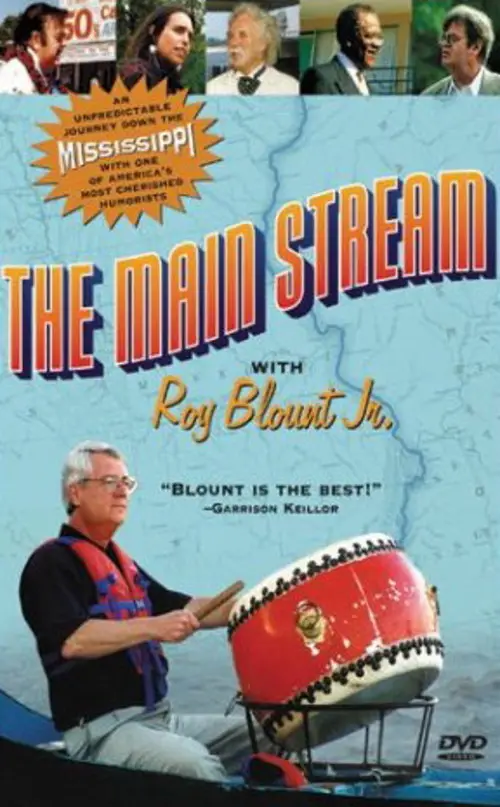
Similar movies
The Banjo Project is a cross-media cultural odyssey: a major television documentary, a live stage/multi-media performance, and a website that chronicle the journey of Americaâs quintessential instrumentâthe banjoâfrom its African roots to the 21st century. Itâs a collaboration between Emmy-winning writer-producer Marc Fields and banjo virtuoso Tony Trischka (the Projectâs Music Director), one of the most acclaimed acoustic musicians of his generation.
Rosy-Fingered Dawn is a film on Terrence Malick. It is about the making of BADLANDS, DAYS OF HEAVEN, THE THIN RED LINE and the personal involvement of some of the most representative figures of the American culture itself. This medley of voices has given origin to a journey throughout the whole United States, from California to Colorado, from Virginia to Minnesota, passing by New York and Los Angeles. Every stop represents an ideal set in which all the characters of the films come to life once again giving place to a growing flow of memories. The narrative dimension of Malick's cinema resounds and opens a new horizon on the visible contradictions of the American culture; no easy judgement but a critical consciousness is what emerges from this coral speech, together with a definite need: the necessity of art. A need that Terrence Malick was able to satisfy.
The husband-and-wife team of Charles and Ray Eames were America's most influential and important industrial designers. Admired for their creations and fascinating as individuals, they have risen to iconic status in American culture. 'Eames: The Architect & The Painter' draws from a treasure trove of archival material, as well as new interviews with friends, colleague, and experts to capture the personal story of Charles and Ray while placing them firmly in the context of their fascinating times.
Chronicles the history, ideology and aesthetic of Norwegian black metal - a musical subculture infamous as much for a series of murders and church arsons as it is for its unique musical and visual aesthetics. This is the first (and only) film to truly shed light on a movement that has heretofore been shrouded in darkness and rumor and obscured by inaccurate and shallow depictions. Featuring exclusive interviews and verité with the musicians, a wealth of rare, seldom seen footage from the "Inner Circle's earliest days, Until the Light Takes Us explores every aspect of the controversial movement that has captured the attention of the world. This is the movie that gets inside the minds and hearts of black metal's musicians.
In this remarkable documentary, Noam Chomsky offers a riveting but devastating critique of America's current war on terror arguing, in fact, that it is a logistical impossibility for such a war to be taking place. Professor Chomsky presents his reasoning with astonishing and refreshing clarity, drawing from a wealth of historical knowledge and analysis. "Only those who are entirely ignorant of modern history will be surprised by the course of events, or by the justifications that are provided..."
Chronicles the six-month strike at Hormel in Austin, Minnesota, in 1985-86. The local union, P-9 of the Food and Commercial Workers, overwhelmingly rejects a contract offer with a $2/hour wage cut. They strike and hire a New York consultant to manage a national media campaign against Hormel. Despite support from P-9's rank and file, FCWU's international disagrees with the strategy. In addition to union-company tension, there's union-union in-fighting. Hormel holds firm; scabs, replacement workers, brothers on opposite sides, a union coup d'état, and a new contract materialize. The film asks, was it worth it, or was the strike a long-term disaster for organized labor?
500 Nations is a documentary which explores the history of the indigenous peoples of North and Central America, from pre-Colombian times, through the period of European contact and colonization, to the end of the 19th century and the subjugation of the Plains Indians of North America. 500 Nations relies on historical texts, eyewitnesses accounts, pictorial sources and computer graphic reconstructions to explore the magnificent civilizations which flourished prior to contact with Western civilization, and to tell the dramatic and tragic story of the Native American nations' desperate attempts to retain their way of life against overwhelming odds.
No Distance Left to Run is a documentary film about the British rock band Blur, released in cinemas on 19 January 2010. Following the band during their 2009 reunion and tour, the film also includes unseen archive footage and interviews. It was released on DVD on 15 February 2010 region free and the recording of the 2009 Hyde Park concert is included on a second disc. It aired on BBC2 on 14 March 2010. It is the band's second documentary video, following Starshaped seventeen years before in 1993.
Kirby Dick's provocative documentary investigates the secretive and inconsistent process by which the Motion Picture Association of America rates films, revealing the organization's underhanded efforts to control culture. Dick questions whether certain studios get preferential treatment and exposes the discrepancies in how the MPAA views sex and violence.
Dennis Rodman is on a mission. After forging an unlikely friendship with North Korean leader Kim Jong-un, he wants to improve relations between North Korea and the US by staging a historic basketball game between the two countries. But the North Korean team isn't the only opposition he'll face... Condemned by the NBA and The Whitehouse, and hounded every step of the way by the press, can Dennis keep it together and make the game happen? Or will it go up in a mushroom cloud of smoke? For the first time, discover the true story of what happened when Dennis Rodman took a team of former-NBA players to North Korea and staged the most controversial game of basketball the world has never seen.
In the final decades of the 20th century, the Philippines was a country where low-budget exploitation-film producers were free to make nearly any kind of movie they wanted, any way they pleased. It was a country with extremely lax labor regulations and a very permissive attitude towards cultural expression. As a result, it became a hotbed for the production of cheapie movies. Their history and the genre itself are detailed in this breezy, nostalgic documentary.
This program recounts the life of scientist, inventor, and visionary Nikola Tesla, often remembered as more of an eccentric cult figure than an electrical engineering genius. Many of his achievements are still attributed to contemporaries Thomas Edison and Guglielmo Marconi. Tesla's surprising inventions are revealed in his autobiographical and scientific writings, supplemented by rare photographs and re-creations.
Fueled by a raging libido, Wild Turkey, and superhuman doses of drugs, Thompson was a true "free lance, " goring sacred cows with impunity, hilarity, and a steel-eyed conviction for writing wrongs. Focusing on the good doctor's heyday, 1965 to 1975, the film includes clips of never-before-seen (nor heard) home movies, audiotapes, and passages from unpublished manuscripts.
Banksy is a graffiti artist with a global reputation whose work can be seen on walls from post-hurricane New Orleans to the separation barrier on the Palestinian West Bank. Fiercely guarding his anonymity to avoid prosecution, Banksy has so far resisted all attempts to be captured on film. Exit Through the Gift Shop tells the incredible true story of how an eccentric French shop keeper turned documentary maker attempted to locate and befriend Banksy, only to have the artist turn the camera back on its owner.
Affectionate portrait of Tim "Speed" Levitch, a tour guide for Manhattan's Gray Line double-decker buses. He talks fast, is in love with the city, and dispenses historical facts, architectural analysis, and philosophical musings in equal measures. He's reflective and funny about cruising: he loves it, got in it to meet women, and he'd quit work if he could. His personal life is disclosed in small
Socalled, aka Josh Dolgin, is the most supreme klezmer hip-hop funk artist in the world. A pianist, singer, rapper, accordion player, and magician, he's a demented Renaissance man and a multi-cultural mixmaster. THE SOCALLED MOVIE is a kaleidoscopic portrait which compiles 18 short films that display his electrifying craft and deep-rooted sense of history. Combining traditional Yiddish songs with funk, rap and everything in between, his tunes are densely layered tapestries of dizzying complexity. His encounters with legendary trombonist Fred Wesley (a key member of James Brown's bands) and klezmer hero David Krakauer are revelatory meetings of the mind, while his re-discovery of pianist Irving Fields turns the elder statesman into a YouTube phenomenon. With offbeat wit, intimacy and virtuoso performances, THE SOCALLED MOVIE is an enthralling documentary that shows how music can break down the boundaries that divide our world.
British historian and author Niall Ferguson explains how big money works today as well as the causes of and solutions to economic catastrophes in this extended version The Ascent of Money documentary. Through interviews with top experts, such as former Federal Reserve Chairman Paul Volcker and American currency speculator George Soros, the intricate world of finance, including global commerce, banking and lending, is examined thoroughly.
My Louisiana Love follows a young Native American woman, Monique Verdin, as she returns to Southeast Louisiana to reunite with her Houma Indian family. But soon she sees that her peopleâs traditional way of life- fishing, trapping, and hunting these fragile wetlandsâ is threatened by a cycle of man-made environmental crises. As Louisiana is devastated by Hurricane Katrina and Rita and then the BP oil leak, Monique finds herself turning to environmental activism. She documents her familyâs struggle to stay close to the land despite the cycle of disasters and the rapidly disappearing coastline. The film looks at the complex and uneven relationship between the oil industry and the indigenous community of the Mississippi Delta. In this intimate documentary portrait, Monique must overcome the loss of her house, her father, and her partner â and redefine the meaning of home. Her story is both unique and frighteningly familiar.
REJOICE AND SHOUT traces the evolution of Gospel through its many musical styles â spirituals and early hymns, four-part harmony-based quartets, the integration of blues and swing into Gospel, the emergence of Soul, and the blending of Rap and Hip Hop elements. Gospel music also walked in step with the story of African-American culture â from slavery, hardscrabble rural existence and plantation work, the exodus to major cities, the Depression, World War II, to the civil rights movement and empowerment. REJOICE AND SHOUT connects the history of African-American culture with Gospel as it first impacted popular culture at large â and continues to do so. Years in the making, REJOICE AND SHOUT captures so much of what is special about this music and African-American Christianity â the sermonizing, the heartfelt testimonials, getting âslain in the spirit,â the hard hollerinâ, and of course the inspiring music. Dare yourself not to be moved.
"I saw these movies. They had a powerful effect on me. You should see them." That's Martin Scorsese's message for this documentary. We meet his family on Elizabeth Street in New York; he's a third generation Italian with Sicilian roots. Starting in 1949, they watched movies on TV as well as in theaters, lots of Italian imports. Scorsese, with his narration giving a personal as well as a public context, shows extended clips of these movies. Films of Rossellini and De Sica fill part one; those of Visconti, Fellini, and Antonioni comprise part two. Scorsese takes time with emotion, style, staging, technique, political context, and cinematic influence. It's his movie family.
In 1991, music manager Shep Gordon held Mike Myers over a barrel a few weeks before shooting Wayneâs World regarding an Alice Cooper song Myers wanted to use in the film. They have been close friends ever since. Twenty-two years later, the story of Gordonâs legendary life in the über-fast lane is now told in Myersâ directorial debut. And this time itâs Myers who has Gordon over a barrel. Shep Gordon: capitalist, protector, hedonist, pioneer, showman, shaman⦠Supermensch!
"Freedom Fries: And Other Stupidity We'll Have to Explain to Our Grandchildren" is a whimsical look at patriotism and consumerism in America. It explores the absurdity of many of the symbolic gestures that have recently pervaded American culture, such as the wasting of French wine and the waving of Chinese-made American flags. Freedom Fries shows that these idle gestures stem from our culture of consumption and do real damage to our democracy as well as our humanity. With the aid of a leading scholar and an outspoken social activist this film draws a concrete relationship between American consumerism and patriotism.
Early Errol Morris documentary intersplices random chatter he captured on film of the genuinely eccentric residents of Vernon, Florida. A few examples? The preacher giving a sermon on the definition of the word "Therefore," and the obsessive turkey hunter who speaks reverentially of the "gobblers" he likes to track down and kill.
Join curators Joe and Nick on a guided tour through their ever-growing collection of odd, hilarious, and profoundly stupid videos. This edition of the Found Footage Festival features an entertaining lineup of instructional and educational videos, public access footage, and home movies found at thrift stores and rescued from dumpsters across the country. Recorded live at The Heights Theater in Minnesota, Found Footage Festival: Volume 2 is an unabashed celebration of the footage that time forgot.
Jonathon "The Impaler" Sharkey threw himself into the race for Minnesota Governor on January 13, 2006. His thirteen point platform included helping farmers, improving the public school system, and advocating for better benefits for United States veterans. However, it was his "coming out" to the media as a Hecate Witch, Satanic Dark Priest and Sanguinary Vampire that grabbed Jonathon National and International attention. His candidacy marked the beginning of the largest amount of media coverage ever given to an unknown third party candidate running for Governor in American history
Produced by the Army Pictorial Service, Signal Corps, with the cooperation of the Army Air Forces and the United States Navy, and released by Warner Bros. for the War Activities Committee shortly after the surrender of Japan. Follow General Douglas MacArthur and his men from their exile from the Philippines in early 1942, through the signing of the instrument of surrender on the USS Missouri on September 1, 1945
"Wanderlust", the interesting documentary Shari Springer Berman and Robert Pulcini directed, is one of the best things about the role of road movies in our culture. This most American form of entertainment can be found in films from other countries, but it's the American vast landscape, which gives films of this genre the appeal and the significance that translates so well in movies made by some of the best creators in the business. "Wanderlust" succeeds in the interviews with some of the best creators of this particular style of movie making. We hear from Dennis Hopper, whose "Easy Rider", and others, typify the restlessness of the people taking the road. Allison Anders, another director that has set her stories that way, speaks intelligently about what is behind it all. Callie Khouri, Chris Eyre, Alexander Payne, Wim Wenders, Sam Shepard, Gus Van Sant and all the others contribute to make clear as to why we are all attracted to the road and what it all means to them.
When Kulap Vilaysack was 14, she took her father's side in an argument and her mother replied, "Why are you defending him? He's not your real dad." Twenty years later, she's finally ready to learn what that means. ORIGIN STORY is a feature-length, international quest with stops in Los Angeles, Minnesota, and Laos to meet the biological father she never knew. On the road, unforeseen revelations strike as hilarious or heartbreaking, rarely in between. An avid comic book reader with a vigilante character named after her in the DC Comics universe, she must summon the courage of Katharsis, because each question is another step out on a limb. ORIGIN STORY is a deeply personal but universally relevant tale of immigration, conflict, addiction, and personal responsibility. Interviewees in the film include extended family, husband Scott Aukerman, and close friends, like Sarah Silverman, Casey Wilson, June Diane Raphael and Howard Kremer.
Comedian Rich Hall hits the road as he takes us on his personal journey through the road movie, which, from the earliest days of American cinema has been synonymous with American culture. With his customary wit and intelligence, Rich takes us through films such as Bonnie and Clyde, The Grapes of Wrath, Thelma and Louise, Vanishing Point, Five Easy Pieces and even The Wizard of Oz. He explores what makes a road movie and how the American social, economic and political landscape has defined the genre.
This moving portrait of legendary comedian Richard Pryor chronicles his life from his troubled youth in Peoria, Illinois, to his meteoric rise as one of the most respected comic actors of the 20th century. Often misunderstood during the height of his celebrity, the late superstar has never been profiled this extensively. Marina Zenovichâs revealing and entertaining film lays bare the demons with which he struggled and reminds us just how daring and dangerous artistic freedom can be.
With more than 50 million Latinos now living in the United States, Latinos are taking their seat at the table as the new American power brokers in the world of entertainment, business, politics and the arts. As Latinosâ influence in American society has soared, they have entered mainstream American culture, and the proof is in the music. Executive produced by legendary music mogul Tommy Mottola, THE LATIN EXPLOSION: A NEW AMERICA features a dazzling array of artists at the center of Latino cultural power and influence, including Marc Anthony, Emilio Estefan Jr., Gloria Estefan, José Feliciano, Eva Longoria, George Lopez, Jennifer Lopez, Los Lobos, Cheech Marin, Ricky Martin, Rita Moreno, Pitbull, Romeo Santos, Shakira, ThalÃa and SofÃa Vergara. Narrated by John Leguizamo.
Crazy Legs Conti is an eccentric New York window washer, nude model and sperm donor, and huge fan of the annual July 4th hot dog eating competition. When he casually breaks the world oyster eating record in New Orleans, he decides to dedicate himself to fulfilling his lifelong dream of becoming a professional competitive eater.
Has the Holy Grail been in America all along? In 1898, a Minnesota farmer clearing trees from his field uprooted a large stone covered with mysterious runes that tell a story of land acquisition and murder. The stone allegedly dates back to 1362. Initially thought to be a hoax, new evidence suggests the find could be real, and a clue that the Knights Templar discovered America 100 years before Columbus, perhaps bringing with them history's greatest treasure...the Holy Grail. Follow the clues as experts use erosion studies on the rune stone and match symbols in Templar ruins all over Europe to support this theory. Stones with similar markings have been found on islands across the Atlantic Ocean, and in Massachusetts and Rhode Island. Is it possible the Knights Templar, long thought to have been massacred, escaped on an incredible journey and were leaving clues to the whereabouts of the stone? Find out in the HISTORY two-hour special, Holy Grail in America.
A serious docu-comedy about the commercialization of Christmas. What Would Jesus Buy? follows Reverend Billy and the Church of Stop Shopping Gospel Choir as they go on a cross-country mission to save Christmas from the Shopocalypse: the end of mankind from consumerism, over-consumption and the fires of eternal debt!
Summers develops a quasi-autobiographical fictional frame for an inquiry into a gallery of Spanish celebrities who have decayed into something worse than total abandonment. The film visits a popular singer, a champion prize fighter who has been committed to an asylum, and an ancient matador returning to the ring among many others to probe the anomie that comes with fame as a privilege at its apex and a curse at its bitter end. This film treads somewhere between what could have been a legitimate "essay film" and a commercial "where are they now" featurette. The treasure hunt for the "campeón maldito" or "estrella maldita" (cursed champ or star) seems to be a fixture of Spanish popular culture today (as of course it is in a coarser way today in Anglo-American culture). In any event, this is an interesting instance of this.
In 2010 David Crowley, an Iraq veteran, aspiring filmmaker and charismatic up-and-coming voice in fringe politics, began production on his film Gray State. Set in a dystopian near-future where civil liberties are trampled by an unrestrained federal government, the filmâs crowd funded trailer was enthusiastically received by the burgeoning online community of libertarians, Tea Party activists and members of the nascent alt-right. In January of 2015, Crowley was found dead with his family in their suburban Minnesota home. Their shocking deaths quickly become a cause célèbre for conspiracy theorists who speculate that Crowley was assassinated by a shadowy government concerned about a film and filmmaker that was getting too close to the truth about their aims.
An inspiring, triumphant and wickedly funny portrait of one of comedyâs most enigmatic and important figures, CALL ME LUCKY tells the story of Barry Crimmins, a beer-swilling, politically outspoken and whip-smart comic whose efforts in the 70s and 80s fostered the talents of the next generation of standup comedians. But beneath Crimminsâ gruff, hard-drinking, curmudgeonly persona lay an undercurrent of rage stemming from his long-suppressed and horrific abuse as a child â a rage that eventually found its way out of the comedy clubs and television shows and into the political arena.
Primary is a documentary film about the primary elections between John F. Kennedy and Hubert Humphrey in 1960. Primary is the first documentary to use light equipment in order to follow their subjects in a more intimate filmmaking style. This unconventional way of filming created a new look for documentary films where the cameraâs lens was right in the middle of what ever drama was occuring.
© Valossa 2015–2026
| Privacy Policy
